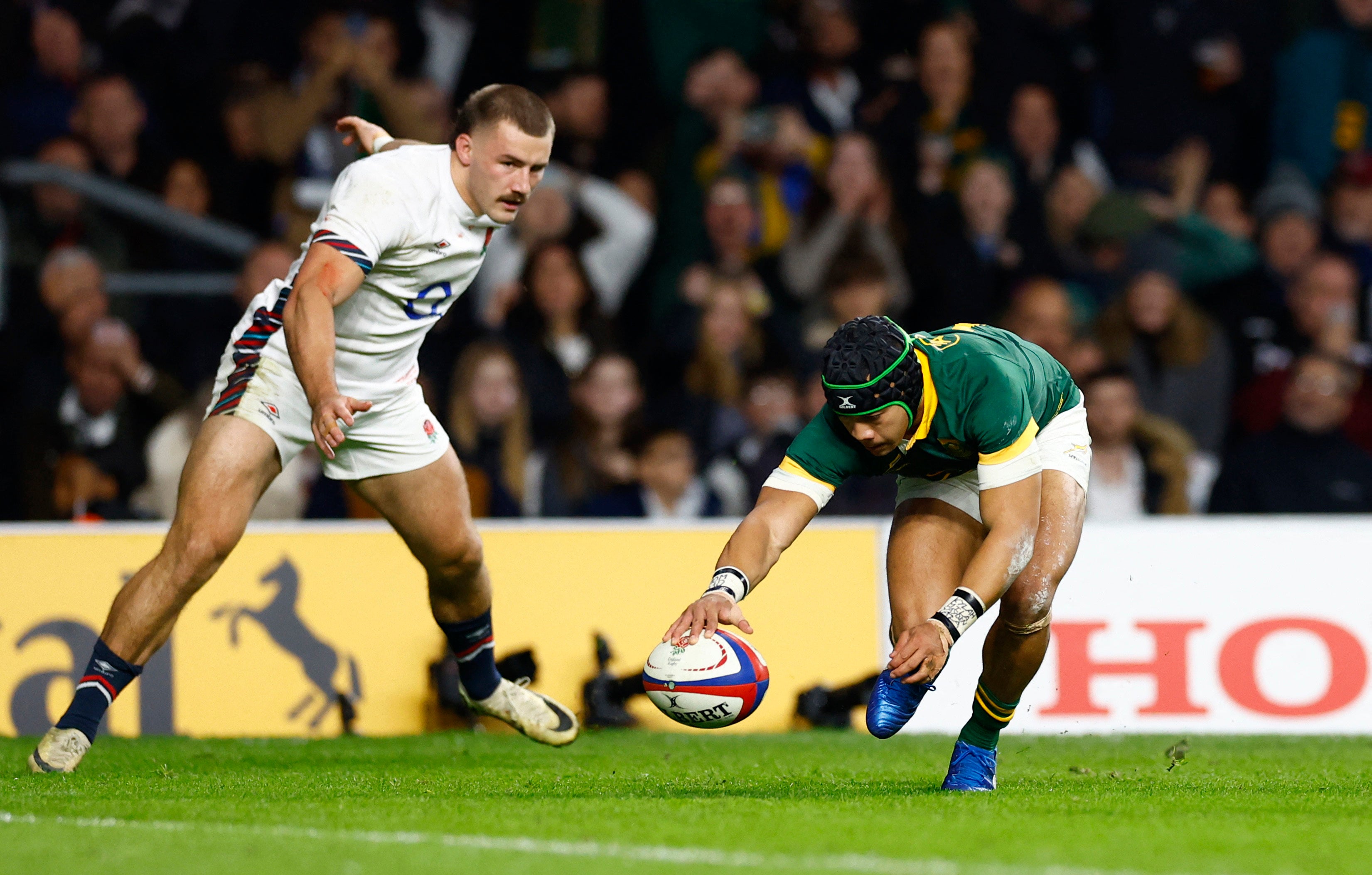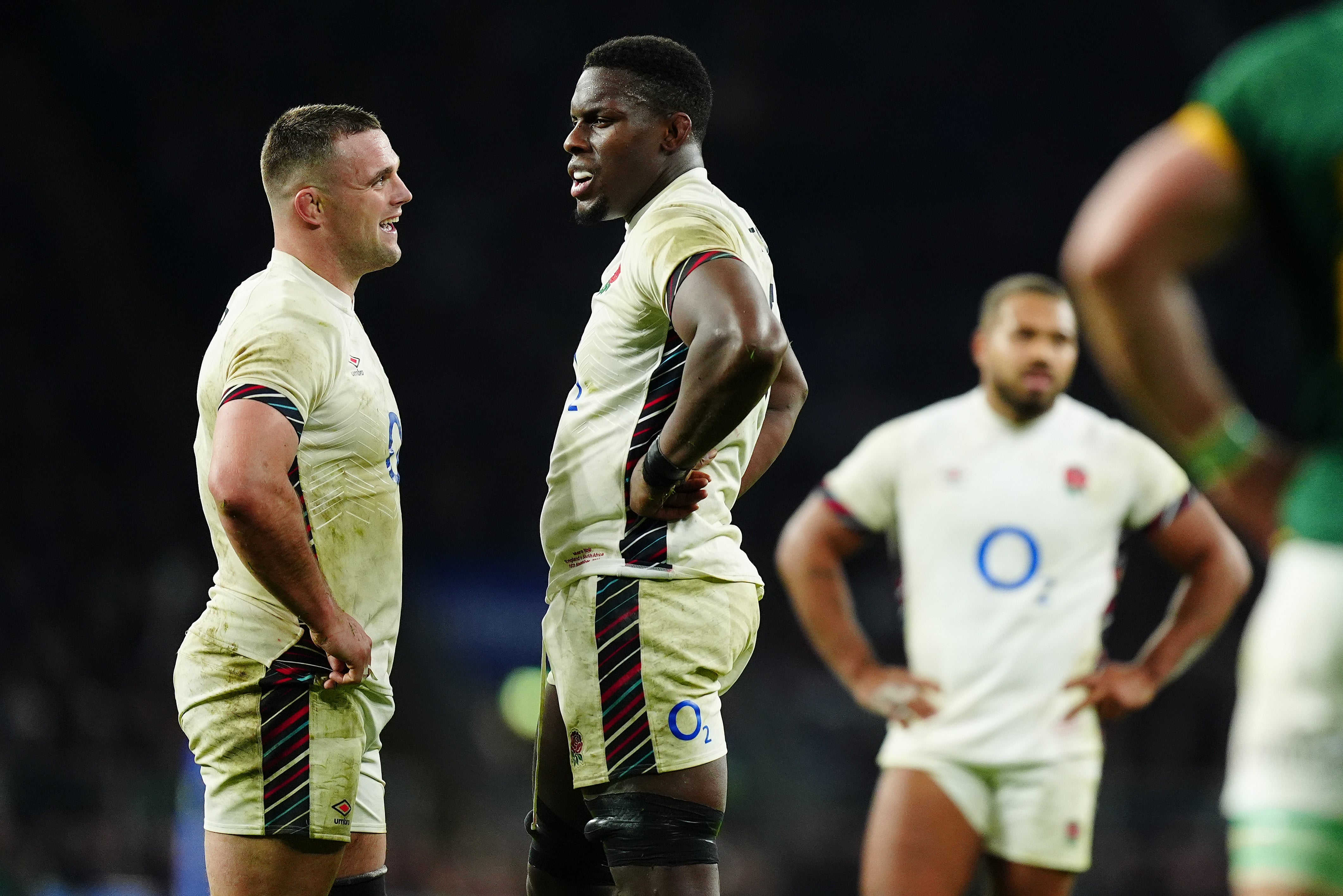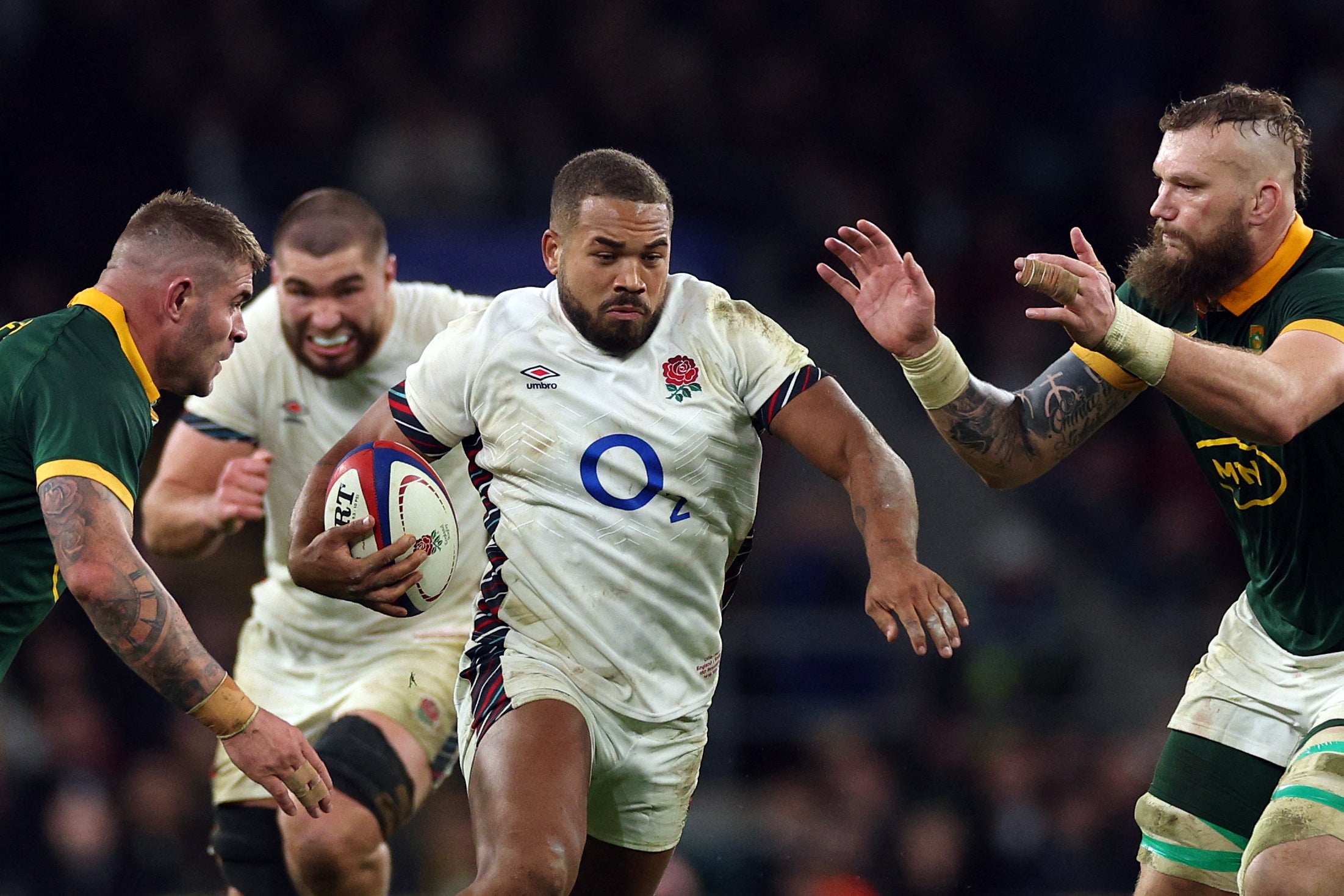This website uses cookies so that we can provide you with the best user experience possible. Cookie information is stored in your browser and performs functions such as recognising you when you return to our website and helping our team to understand which sections of the website you find most interesting and useful.
Your support helps us to tell the story
From reproductive rights to climate change to Big Tech, The Independent is on the ground when the story is developing. Whether it's investigating the financials of Elon Musk's pro-Trump PAC or producing our latest documentary, 'The A Word', which shines a light on the American women fighting for reproductive rights, we know how important it is to parse out the facts from the messaging.
At such a critical moment in US history, we need reporters on the ground. Your donation allows us to keep sending journalists to speak to both sides of the story.
The Independent is trusted by Americans across the entire political spectrum. And unlike many other quality news outlets, we choose not to lock Americans out of our reporting and analysis with paywalls. We believe quality journalism should be available to everyone, paid for by those who can afford it.
Your support makes all the difference.
For England, a familiar tale of mistakes and missteps; for South Africa, another day at the ‘Boks office. These are two sides at opposite poles in terms of confidence and certainty and after a contest of blood, thunder and ill-will, the final scoreline told a predictable story. England were valiant but never likely to be victorious – these champion Springboks are simply too good.
The heavy bell tolled again for the hosts and Steve Borthwick, a fifth defeat on the spin continuing a sorry saga that is beginning to become formulaic. England threatened a shock for 60 minutes but eventually fell away, beaten and beaten up and left to yet again rue their mistakes and missteps.
This might have been the best performance of a wretched November for Steve Borthwick’s side but there could be no repeating the feat of the 2012 conquerors of the All Blacks; the best men’s rugby team on the planet proved themselves exactly that. Some credit can be given to the home side for sticking in the fight, Rassie Erasmus’s side unable to land a knockout blow. But there was too much quality and ferocity in the South African ranks to be denied, from Cheslin Kolbe and his fizzing feet to the collection of colossi in the forward pack.

A win over the world champions may not have proved panacea to all of England’s ills but it most certainly would have lifted the gloom around Twickenham. The animosity between these two has rankled in each and every contest since the 2019 World Cup, that acrimony only increased by last year’s semi-final at the Stade de France and the fallout from the allegation of a racial comment that followed.
So much for an arm-wrestle akin to that night in Paris. All week we had heard of an expectation in both camps of a fierce battle fought on air and ground; tight, tense and thunderous with two teams firing potshots from their trenches. As Marcus Smith retreated into the pocket three minutes into England’s first offensive, it appeared as if that sort of contest might be about to transpire.
But Smith, the eccentric, was thinking differently. As the Springboks rushed up to shut down his right leg, the fly half zagged out of the bunker and into no man’s land. Two neat passes from Smith and Henry Slade and Ollie Sleightholme slid into the corner.

Nose bloodied, the world champions got to work. Libbok’s opening few moments – a dropped ball, a skewed kick, an errant pass – had been indistinct but half-back partner Grant Williams provided necessary sharpness. England’s fringe defence has been an issue all autumn and the scrum half’s sniper shot was piercing. A delightful sidestep sent Freddie Steward to the next parish and Williams under the posts.
Up went the physicality as the seismometer shuddered. Size may not be everything in rugby but the Springbok behemoths soon made their presence known. Their sheer stature soon came to count in a different way as the long limbs of Eben Etzebeth and Pieter-Steph du Toit blocked English clearing kicks, consecutive charge-downs of Jack van Poortvliet and Smith allowing the outstanding blindside flanker to flop over. A third try arrived five minutes later, those hulking forwards doing damage in tight and Libbok’s trademark cross kick finding the space for Kolbe to dot down.

The danger klaxons had begun to sound for England but they refused to be quelled. It had been strange that Sam Underhill had dropped out of the matchday 23 in November having started every game in England’s spring and summer, and the openside flanker looked a man with a point to prove. If his defensive strengths have often been his calling card, his work to improve as a carrier has been noted by club and country coaches in the last two years and his line to score England’s second was irresistible.
Two points was the sort of half-time deficit England could live with knowing what was to hit them after the interval, the threat of the South African bench “Bomb Squad” well known. An up-tempo affair continued as the two sides traded disallowed scores: Aphelele Fassi’s try-scoring pass to Kurt-Lee Arendse forward; Maro Itoje‘s neck roll on Malcolm Marx scuppering Slade.
Libbok had lasted just 32 minutes of the World Cup semi-final and managed 15 minutes more here as Rassie Erasmus turned to his closing pitcher. Replacement fly half Pollard watched Smith slot three before showing his value by thumping one of his own from halfway, helped by a genial peck from the top of the crossbar.
Another nibbler and nerve-jangler, then, as the contest hurried into the final quarter, England ‘s period of recent woe and one South Africa have come to master. The world champions soon showed their force. Damian de Allende powered through Ben Earl, a South African wildebeest away from England’s lionheart and into open savannah. Kolbe had the sprinting speed and stepping prowess to finish De Allende’s gallop.

England’s ragged edges began to show, Itoje and Slade each warned for their conduct by referee Andrew Brace. But it was the visitors in the disciplinary dock – a mounting penalty count meant Gerhard Steenekamp, on sooner than he’d have liked for an injured Ox Nche, was dispatched to the sin bin.
Two penalties later and Siya Kolisi was warned that further infringing would see Steenekamp given some company. But England, as they have so often of late, began to slip and slide away. Luke Cowan-Dickie dummied his lineout throw when perched five metres from the South African line, before Harry Randall knocked on. Even down a man, the Springboks’ linespeed, ruck physicality and will to win never relented – the irrepressible Marx was everywhere, while flanker Du Toit provided another reminder of his world-class qualities.

And there is simply so much in this side’s armoury. It felt here like they did not ever quite opening up their attacking phase play in the manner we have seen this year, nor really show off their set-piece superiority in the way we know they are capable. This is a team of great style and strength; a gallant effort from England, but it was never likely to be enough.



 Africana55 Radio
Africana55 Radio 
